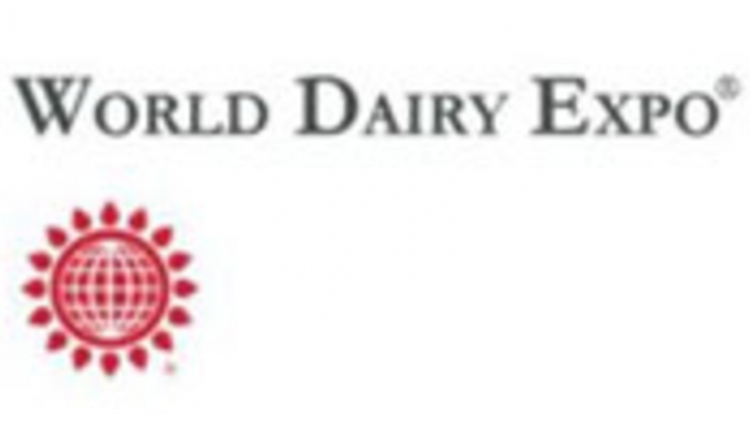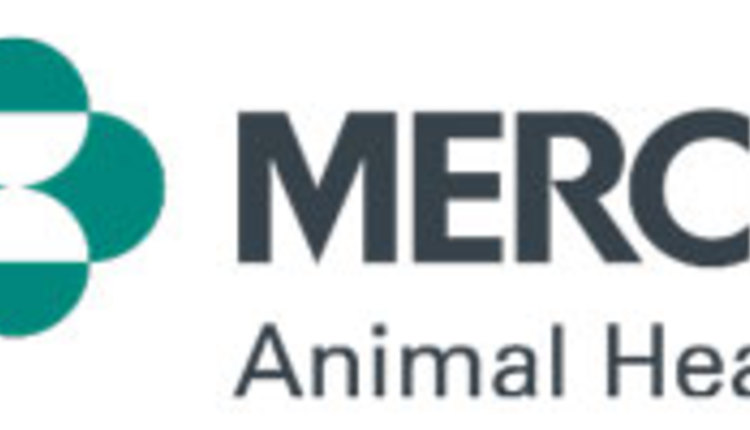The information below has been supplied by dairy marketers and other industry organizations. It has not been edited, verified or endorsed by Hoard's Dairyman.
The American Dairy Coalition applauds Senator Kirsten Gillibrand (D-NY) for the dairy priorities she has announced ahead of the upcoming 2023 Farm Bill negotiations, especially her plan to reintroduce the Dairy Pricing Opportunity Act.
Senator Gillibrand first introduced the Dairy Pricing Opportunity Act in 2021 with Senators Leahy (D-VT) and Collins (R-ME). The introduction of this bill was a direct result of Senator Gillibrand’s 2021 Senate Agriculture Subcommittee hearing on modernizing milk pricing and the FMMO system and has paved the way for critical discussions surrounding FMMO reform in not just Class I pricing, but potentially other areas as well.
Specifically, the Dairy Pricing Opportunity Act requires the Secretary of Agriculture to initiate the process of holding FMMO hearings within six months on “the views and proposals of producers and the dairy industry on Class I skim milk price, including the ‘higher of’ formula… and any other views and proposals on the Class I skim milk price, and such other matters as the Secretary of Agriculture considers appropriate.”
“We are grateful to Senator Gillibrand for her leadership on this important bipartisan legislation to open the Federal Milk Marketing Order (FMMO) hearing process which will empower dairy farmers to be at the table. There is consensus among major dairy organizations to see the Class I skim milk price formula returned to the ‘higher of’ instead of the ‘averaging’ formula implemented in May 2019,” said American Dairy Coalition CEO Laurie Fischer.
“The American Farm Bureau and others have estimated dairy farm milk check losses of more than $3 billion in 2020-21 due to dysfunctional class price relationships and de-pooling of milk from FMMOs resulting, in part, from this change. Over the 45 months since the ‘averaging’ method was implemented, farmers have lost almost $1 billion in reduced Class I value, alone, as a part of their announced FMMO blend prices,” Fischer added. “We are grateful for the Senator’s work on FMMO concerns and her understanding of the issues.”
Senator Gillibrand said in a press release that it is one of her priorities to “ensure our dairy industry stays competitive in the global economy. Our outdated milk pricing system is doing substantial harm to the industry, and our dairy farmers are struggling. We have the unique opportunity with the upcoming Farm Bill to modernize our milk pricing system and let dairy farmers be key players in guiding this critical reform.”
“American Dairy Coalition agrees,” said Fischer. “That’s why two of our dairy policy priorities are to see the Class I pricing formula returned to the ‘higher of’ as expeditiously as possible and remain that way until a Federal Order hearing can evaluate all potential proposals, and ADC is calling for a national Farm Bill hearing with report to Congress on the future sustainability of the FMMO system.”
“Class I fluid milk processors are the only ones required to be price-regulated under the FMMOs,” Fischer added. “The other manufacturing classes participate voluntarily. When dysfunctional pricing relationships occur, less milk used in manufacturing classes participates in FMMO revenue-sharing pools.”
Fischer cited USDA data showing only 60% of the milk produced in the U.S. participated in FMMOs in 2020 and 2021. The FMMO system is the only structure that currently exists for milk payment oversight, dairy pricing surveys and reporting transparency, weights and measures accountability, and other market services we take for granted.
As the Senator’s recent press statement explains, prior to the 2018 Farm Bill, the Class I skim milk base price (before location differentials are applied) was calculated using the ‘higher of’ Class III or Class IV advance skim prices. This was changed in the most recent Farm Bill to an averaging method of Class III and Class IV plus a $0.74 adjuster. This change, compounded by pandemic disruptions and government intervention in cheese markets, resulted in hundreds of millions of dollars in lost income for dairy farmers from May 2019 through April 2021.
“Economists acknowledge that the current averaging method puts an inequitable risk on dairy farmers as the benefit in Class revenue is capped at 74 cents per hundredweight, but there are no limits on the downside risk. We’ve seen months in which the Class I value was reduced by as much as $5.00 per hundredweight in 2020 and as much as $2.00 per hundredweight in 2022. That’s real money, and this risk affects how the available risk management tools perform when unexpected market shocks occur,” Fischer added.
“We welcome Senator Gillibrand’s legislation to open the door to FMMO hearings, where producers can be part of the process in evaluating a path forward that is fair to all segments of the dairy industry,” Fischer added. “This bill responds to producer concerns to get national hearings started. ADC looks forward to being at the table on milk pricing that affects dairy farmer livelihoods.”



